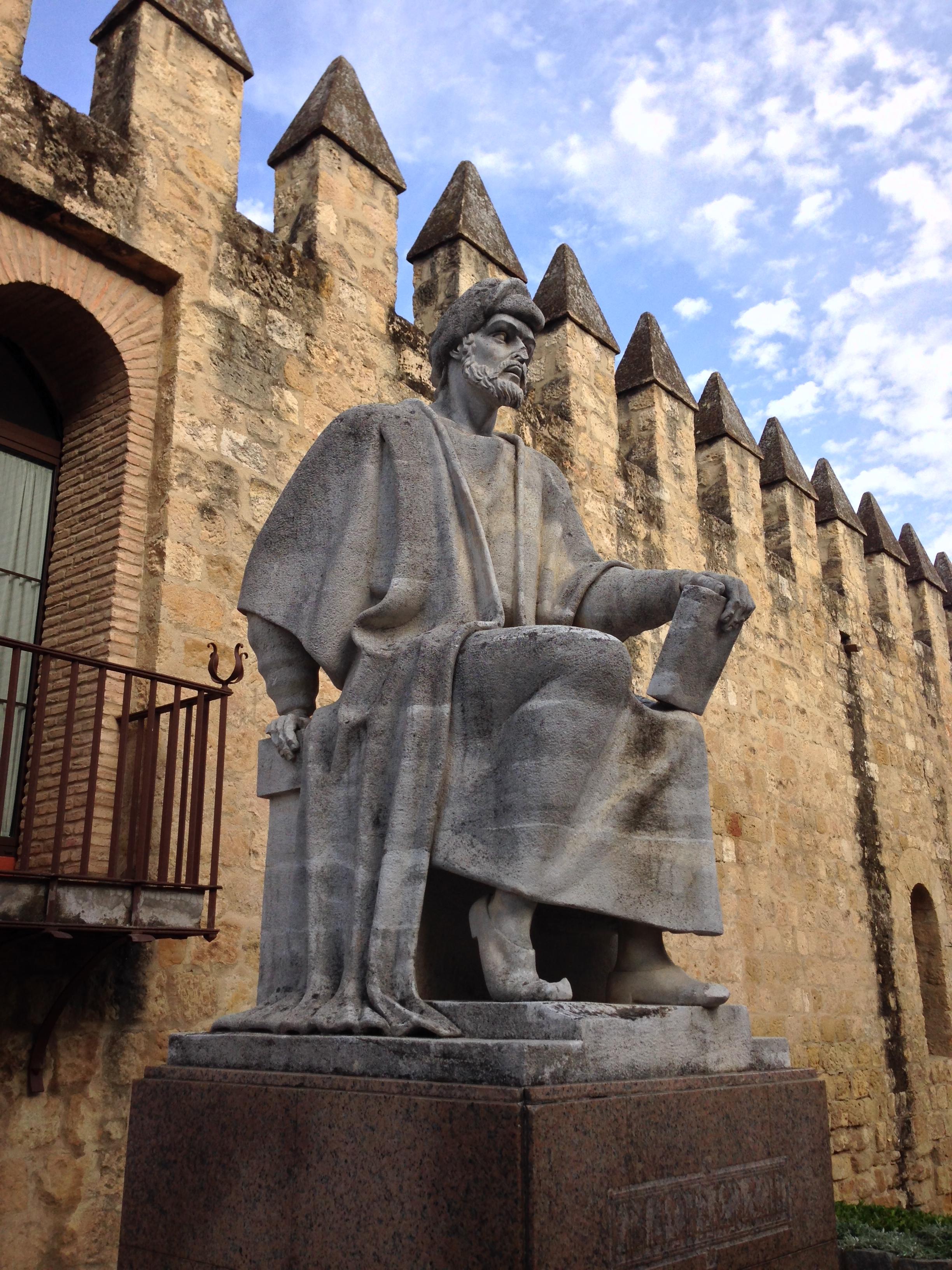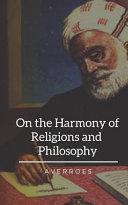Part 1: The Creation of the Universe; Opening sentence
On the Harmony of Religions and Philosophy
Works
Famous Averroes Quotes
“This is one of the most intricate problems of religion.”
Part 3: Of Fate And Predestination; Opening sentence
On the Harmony of Religions and Philosophy
Context: This is one of the most intricate problems of religion. For if you look into the traditional arguments () about this problem you will find them contradictory; such also being the case with arguments of reason. The contradiction in the arguments of the first kind is found in the Qur'an and the Hadith.
Attributed to Averroes in Voices of Islam: Voices of change (2007) by Vincent J. Cornell, p. 35
Averroes, Ralph Lerner (1974) Averroes On Plato's Republic. p. xxiv
“Knowledge is the conformity of the object and the intellect.”
Attributed to Averroes, in: John Bartlett (1968) Familiar Qutations. p. 155
FM 44 as cited in: Oliver Leaman (2002) An Introduction to Classical Islamic Philosophy, p. 179
The Decisive Treatise
Averroes Quotes about studying
The Decisive Treatise
Source: Jon McGinnis, David C. Reisman (2007) Classical Arabic Philosophy: An Anthology of Sources. p. 310
Introduction
The Decisive Treatise
Ch 1.9
The Decisive Treatise
Averroes Quotes
On the Harmony of Religions and Philosophy
Part 2: The Advent of the Prophets; Opening sentence
On the Harmony of Religions and Philosophy
As cited in "Being and Language in Averroes' “Tahafut At-Tahafut” (2003) by Massimo Campanini
Ch 2. 44
The Decisive Treatise
Averroës, Charles Edwin Butterworth (1977) Averroës' Three Short Commentaries on Aristotle's "Topics,". p. 92
On the Harmony of Religions and Philosophy
Pat 5: The Day of Judgment; Opening sentence
On the Harmony of Religions and Philosophy
Part 4: Divine Justice and Injustice; Opening sentence
On the Harmony of Religions and Philosophy

